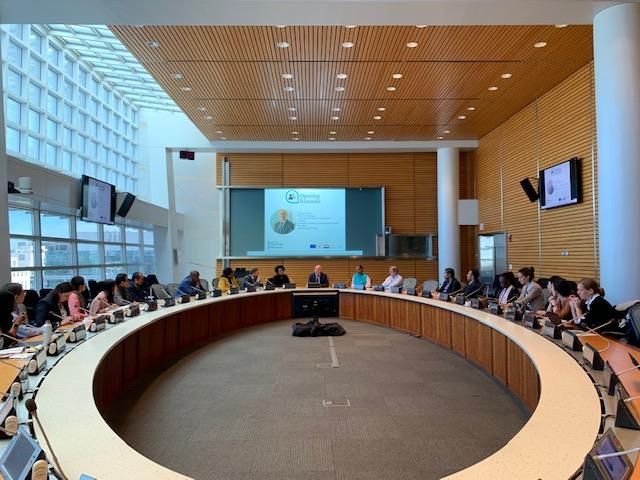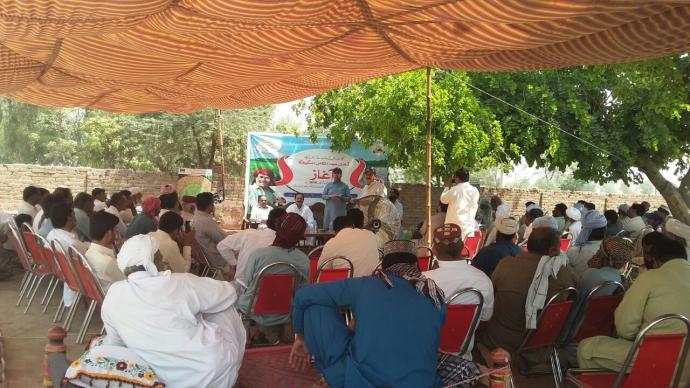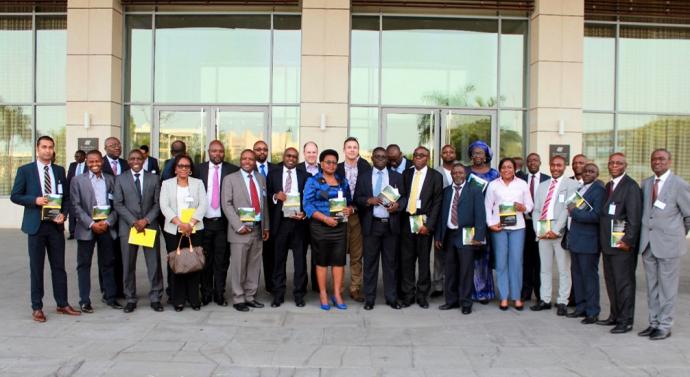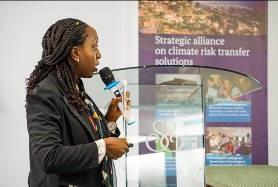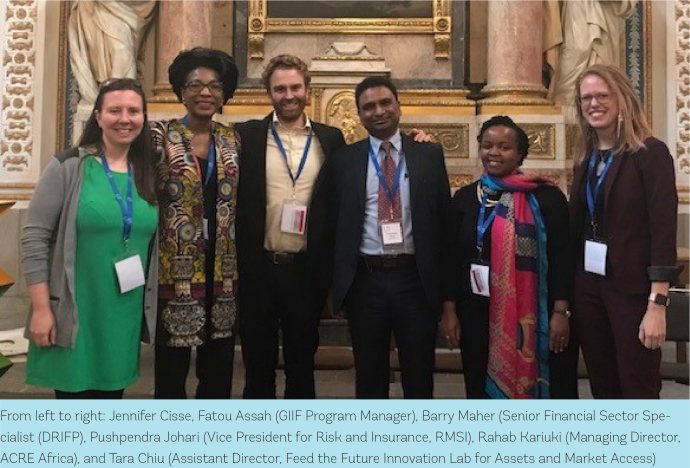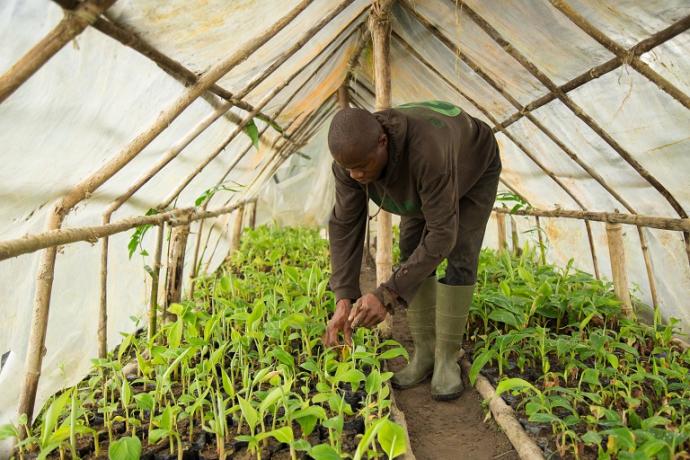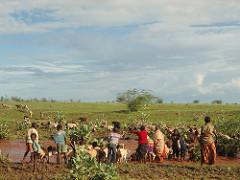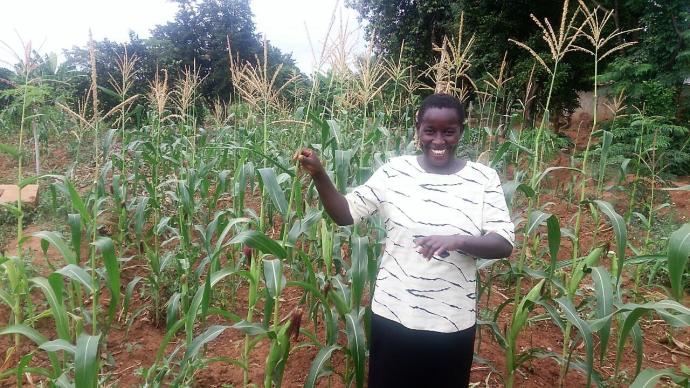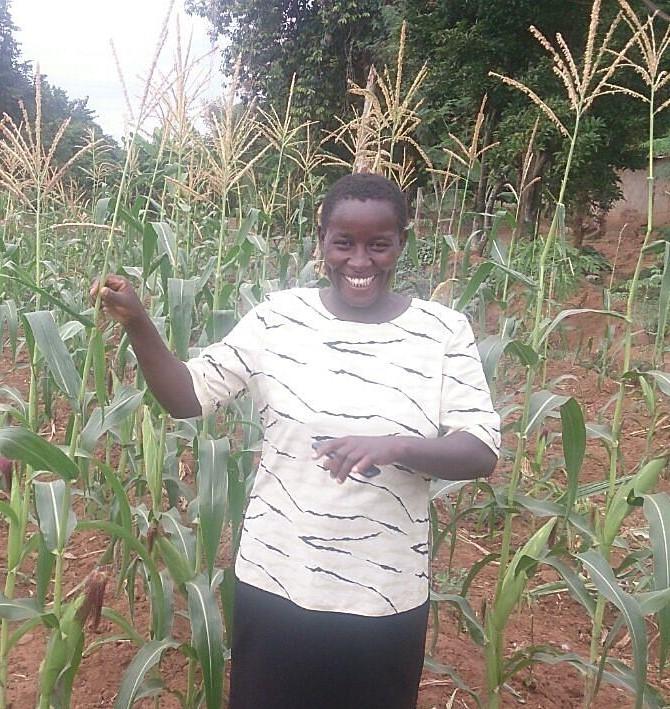04
Dec
On November 15, 2019, the Global Index Insurance Facility (GIIF) hosted a full-day seminar, International Experience with Agriculture Insurance: Providing Financial Protection Against Climate Risks, in Washington, DC. In his opening remarks, Mr. Olivier Mahul, Practice Manager of Crisis and Disaster Risk Finance (CDRF), reflected on his 15-year career at the World Bank starting with involvement in Index-based livestock insurance (IBLI) in Mongolia followed by crop insurance scheme in India to offer his insights on how the agriculture insurance has evolved by tacking various challenges. He

